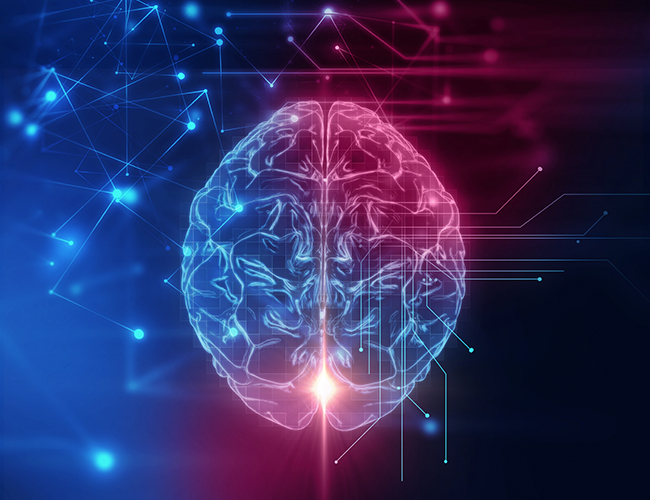Mashable Blogger, Rebecca Hiscott, discusses how technology has caused changes to our physiology over the last ten years, completely rewiring our brains.
In her article, “8 Ways Tech Has Completely Rewired Our Brains,” Rebecca explains the positive and negative impacts technology has had on our brains such as changes in sleep patterns and decreased attention spans. It is no question that we have become completely addicted to our Smartphones, tablets, and laptops. Many people feel that computers and mobile devices are the best resource for keeping up in our fast paced world.
8 Ways Technology Has Altered Our Brains
- Dream in color. Television directly impacts how we dream. A study in 2008 found that adults 55 and older were more likely to dream in black and white if they grew up with a black and white television set. Younger participants almost always dreamt in color because they grew up watching color TV. These results were later substantiated by a second study in 2011.
- Fear of Missing Out (FOMO). Social media has amplified the feeling of missing out in everyday life. Seeing friends’ posts and photos of vacations, fancy dinners, and beach trips constantly raises the questions, “What we’re currently doing?” “Are we missing out?”
- Phantom Vibration Syndrome. We’ve all been there before, thought we felt our phone vibrate when it actually didn’t. Multiple surveys found that this was a regular occurrence for people – happening as often as once every two weeks. Psychologists suggest that our brains are now being triggered by something in our cell phones that didn’t happen before. This sensation has become more of a nuisance than an actual problem for many people.
- Insomnia. In today’s high tech world, it is not uncommon to end your night with a quick game on your Smartphone or by watching an episode of your favorite show on your tablet in bed. Neuroscientists believe that the glowing light from mobile devices may actually hinder the ability to fall asleep – the light tricks the brain into thinking it is daytime. Additionally, neuroscientists believe that using your laptop or mobile device before bed could potentially have negative long-term effects on your sleeping patterns.
- Short attention span and memory. Technology has provided the masses with access to information the moment we want it. Communication happens instantaneously with email and text messages. Having to remember important facts is diminishing quickly because we can look up information on the go with easily available internet access. Finding answers with the quick click of a button has heightened our lack of patience. Younger generations tends to avoid reading long books and opts for shorter reads like magazines. Experts believe long lasting effects could include poor concentration skills for children who overuse electronic devices.
- Visual skills. A study conducted in 2013 suggested that video games improve decision making and visual skills. Video games also enhance our ability to analyze details of our physical environment.
- No impulse control. Although video games can improve decision making skills, they can also hinder the quality of the decisions being made. Video games have forced users to make quick, impulsive decisions. Researchers have found a direct correlation to impulsive video game moves and quick decision making in real life. People taking less time to fully comprehend the possible consequences of their decisions can help explain the increase in violence in our society.
- Crafty. Social media has transformed our lives in a way that encourages consumers to share intimate details of our personal lives with online friends. We now share photos, daily agendas, as well as current DIY crafting projects. However, websites like Pinterest have had a positive effect on our abilities to create things and our society has seen a spike in innovation.
It will be interesting to see what additional long term effects technology will have on our bodies over time. It brings up the question about weather or not society will learn to accept these changes or if something will be done to compensate for any negative affects.








